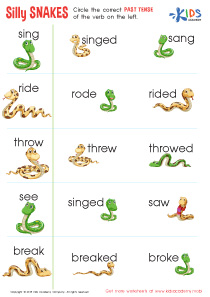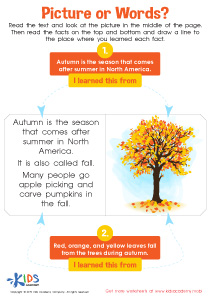Critical Thinking Extra Challenge Grade 1 Worksheets
7 filtered results
-
From - To
Enhance your first grader's learning experience with our "Critical Thinking Extra Challenge Grade 1 Worksheets." This collection of engaging worksheets is designed to stimulate young minds and develop essential reasoning and problem-solving skills. Perfect for helping children think independently, these worksheets include a variety of activities such as puzzles, fun scenarios, and logic challenges. Tailored to meet first-grade learning objectives while offering a fun twist, these resources encourage creative thinking and nurture curiosity. Whether at home or in the classroom, these worksheets provide an exciting way to support your child’s cognitive development—making learning both fun and educational!
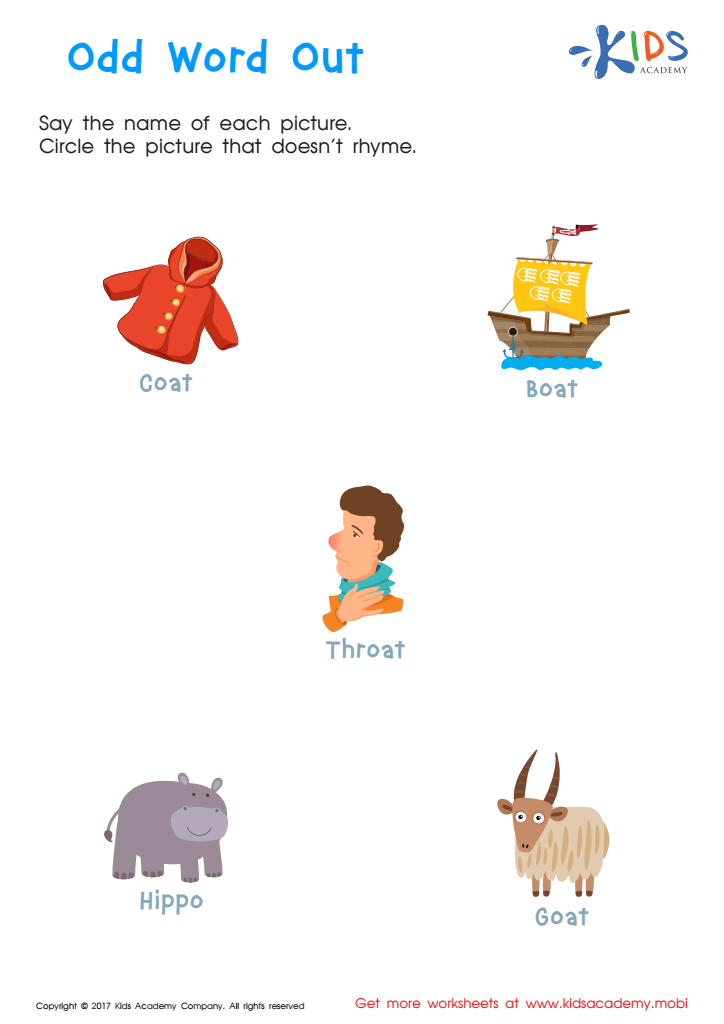

Odd Word Out Rhyming Worksheet
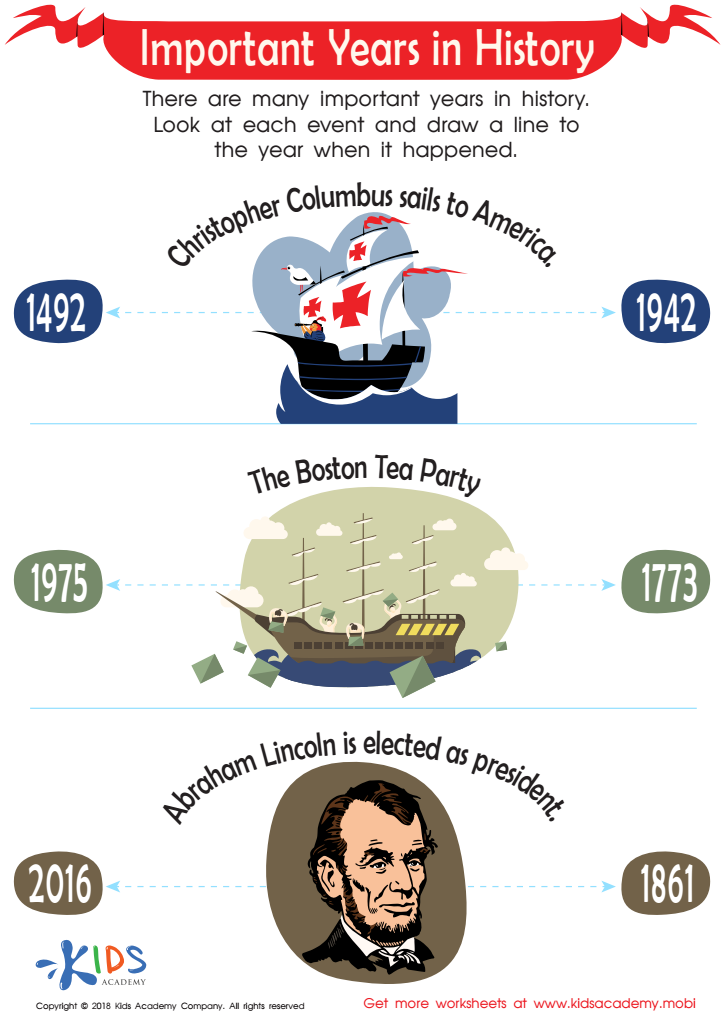

Important Years in History Worksheet
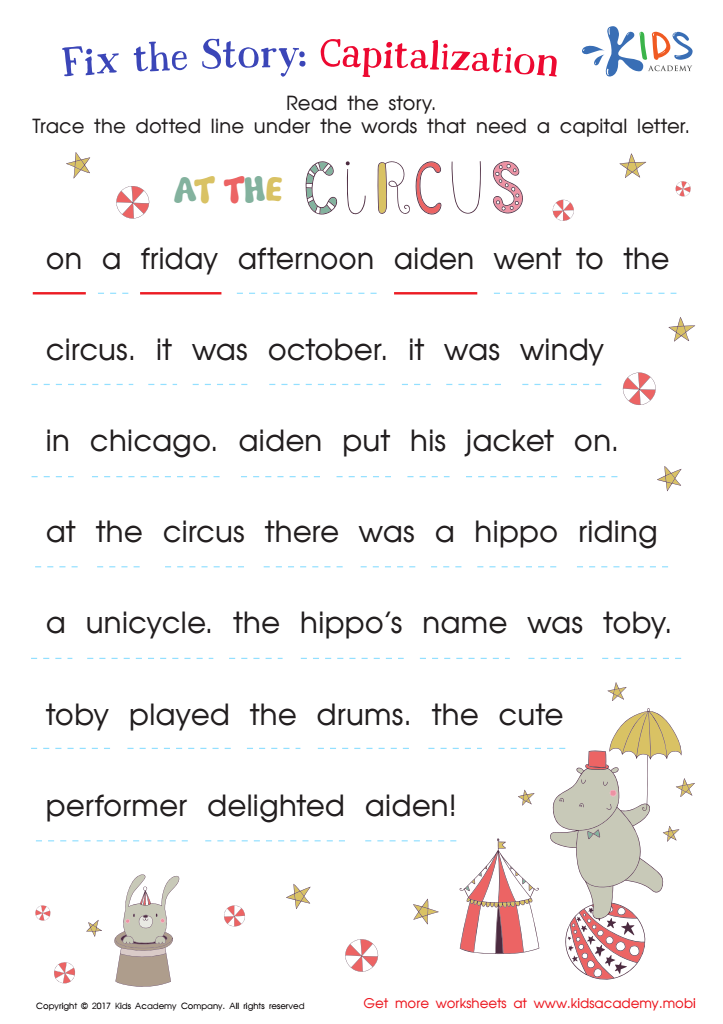

Capitalization: Fix the Story Worksheet
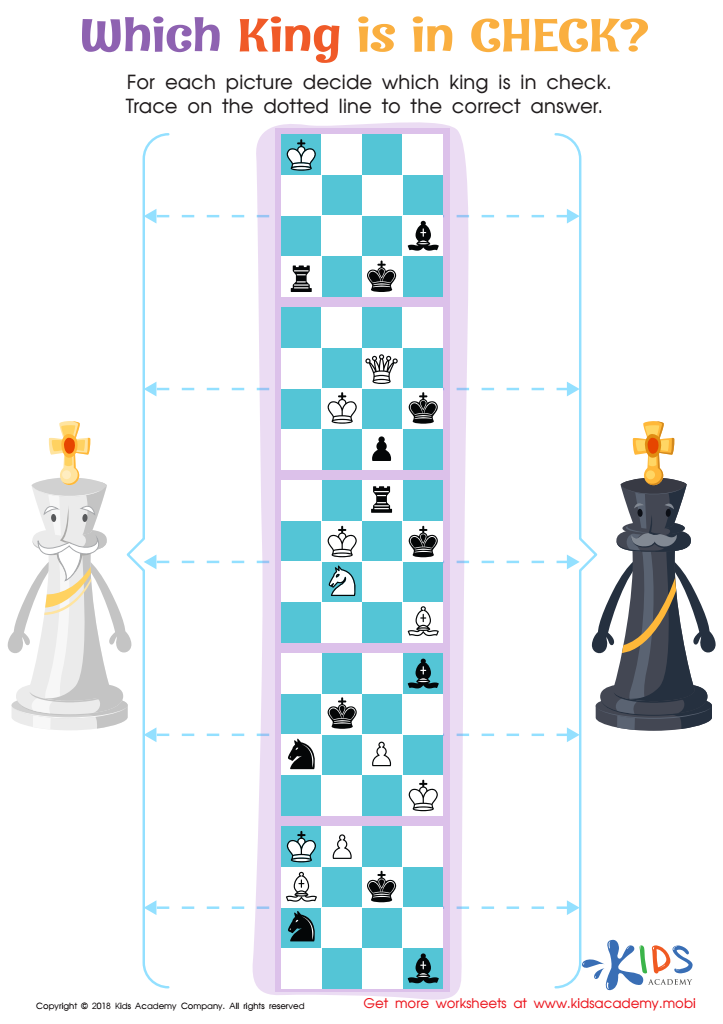

Which King is in Check? Worksheet
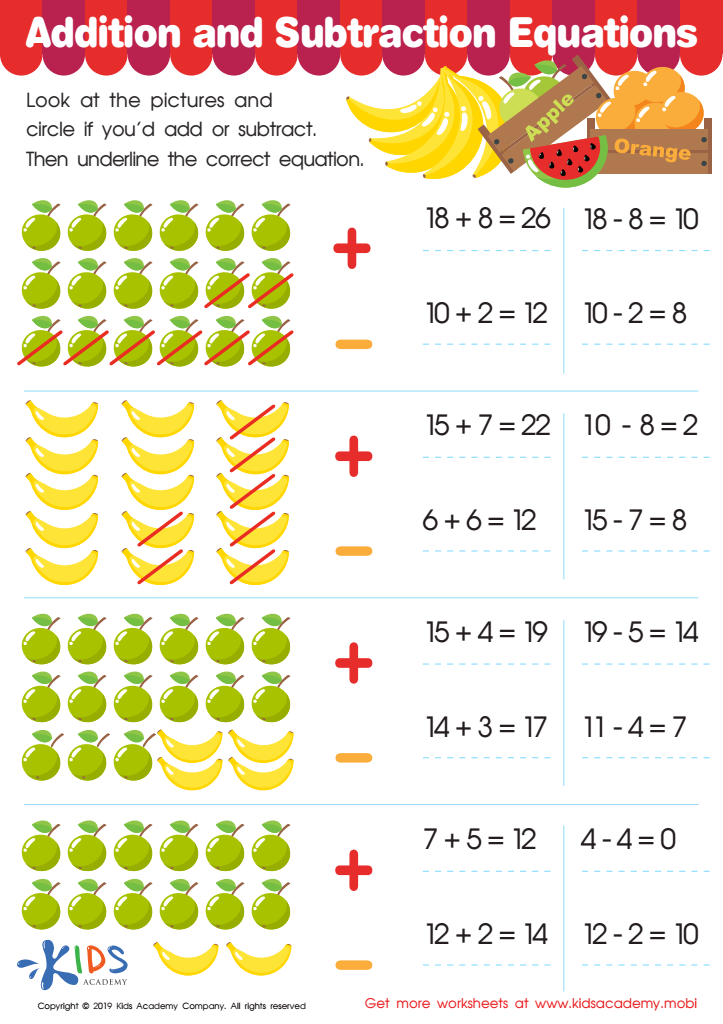

Addition and Subtraction: Equations Worksheet
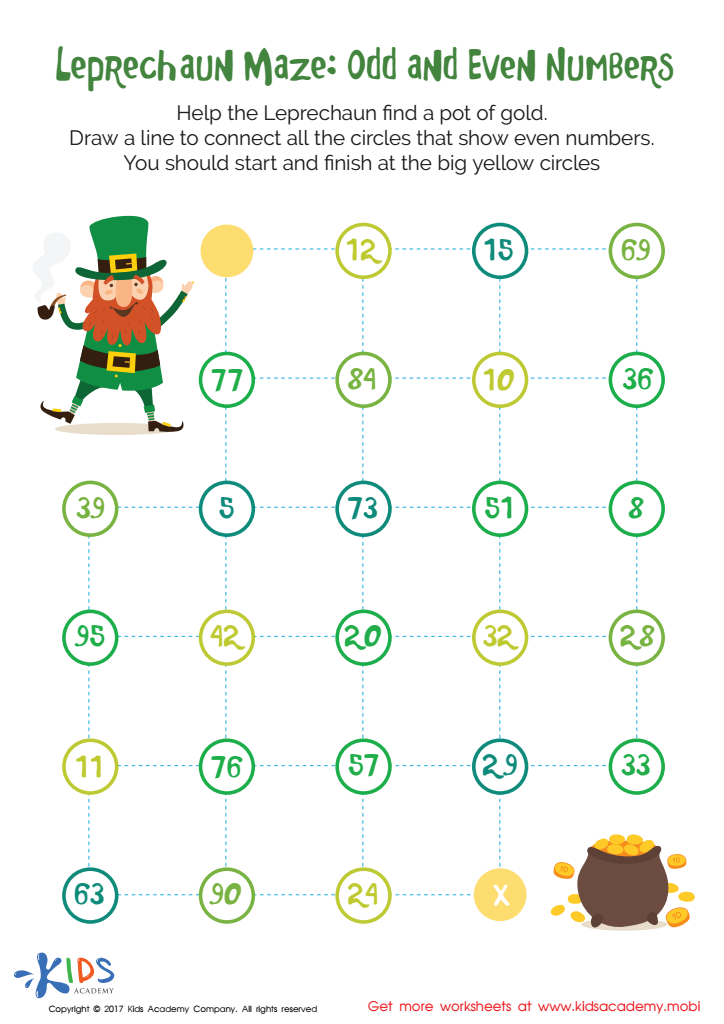

Leprechaun Maze Printable
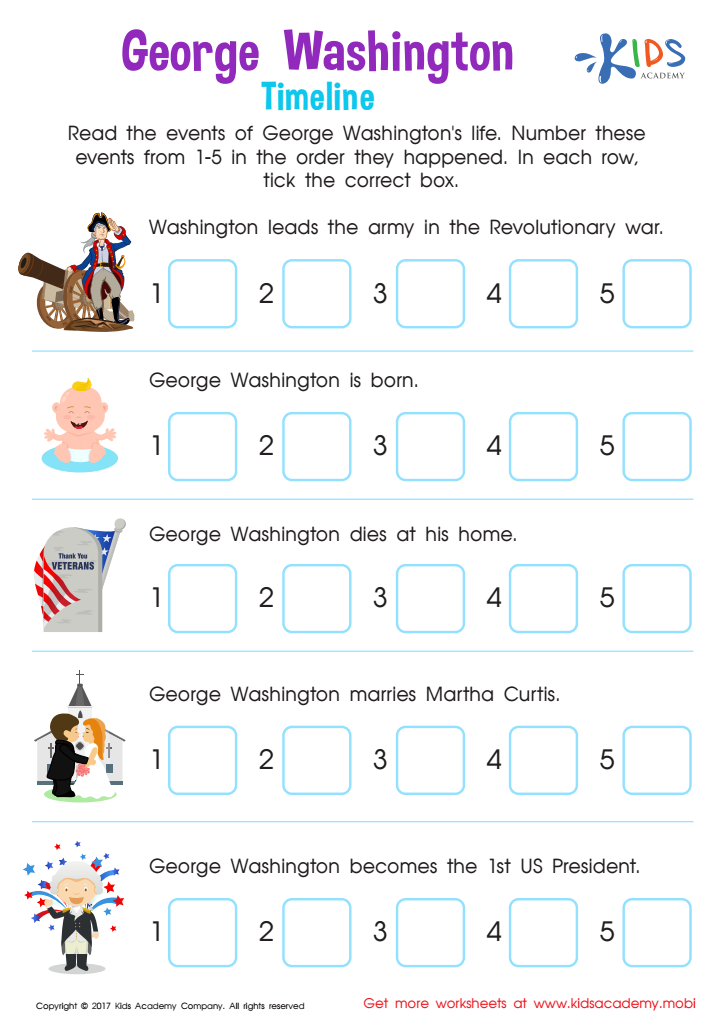

George Washington Timeline Worksheet
Critical Thinking Extra Challenge for Grade 1 is essential for early childhood development, as it establishes a strong foundation for lifelong learning. At this age, children are naturally curious, and fostering critical thinking skills encourages them to explore, ask questions, and develop problem-solving abilities. Parents and teachers should care about this program because it equips young learners with the skills necessary to analyze information, draw conclusions, and make informed decisions.
In an increasingly complex world, these skills will be vital for success in later academic pursuits and real-world situations. Engaging in critical thinking exercises helps children enhance their cognitive flexibility by examining problems from different perspectives and considering alternative solutions. This creativity and independence foster resilient, adaptable learners who can thrive in diverse environments.
Moreover, by incorporating critical thinking challenges into their education, educators can help foster a positive classroom atmosphere where collaboration and open dialogue are encouraged. This collaborative spirit builds social skills and enhances emotional intelligence, both of which are crucial for personal and academic success. Therefore, prioritizing Critical Thinking Extra Challenge ensures that children not only become proficient learners but thoughtful individuals who can contribute meaningfully to society.
 Assign to My Students
Assign to My Students



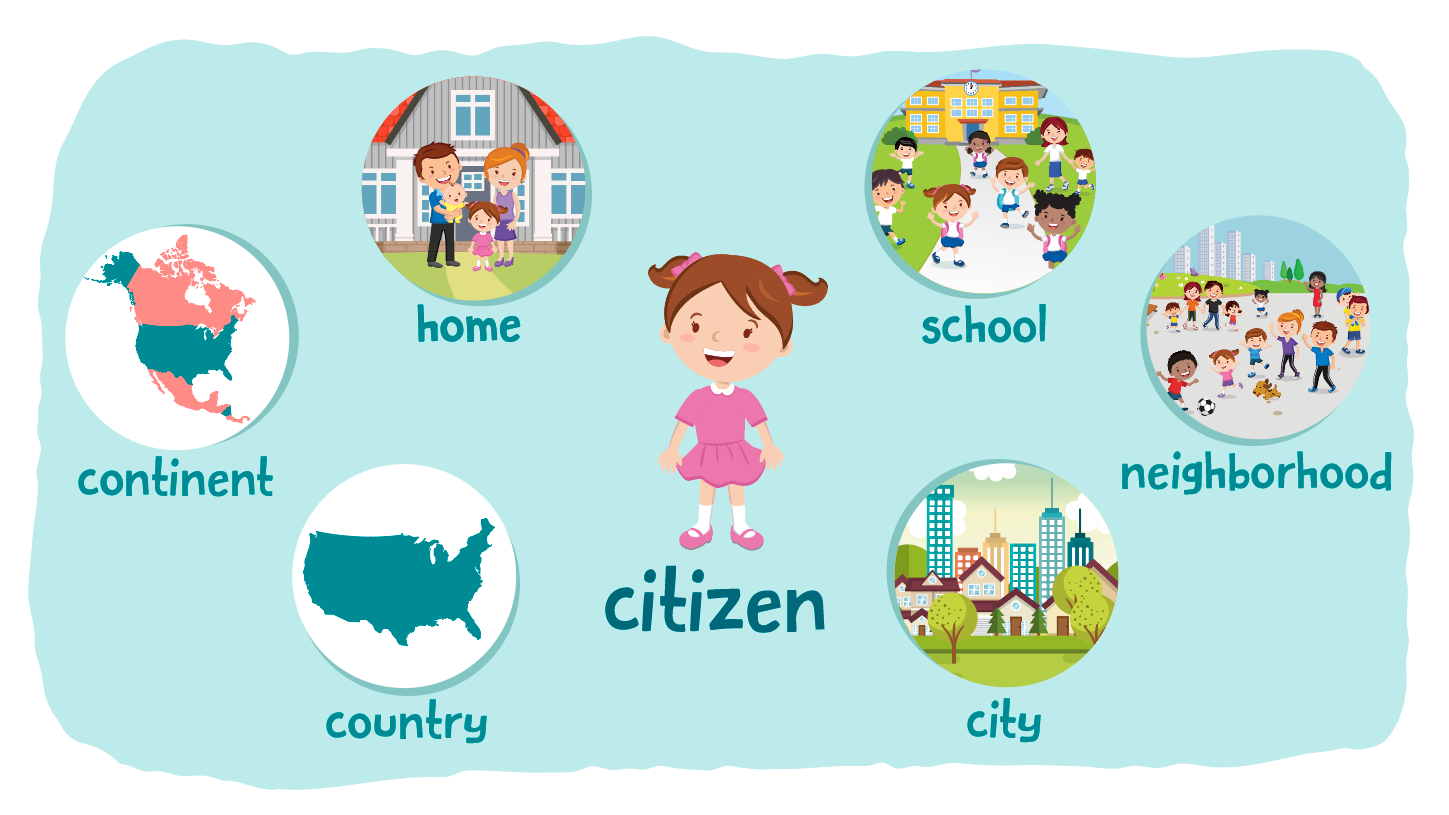
.jpg)




